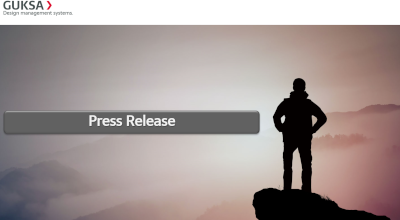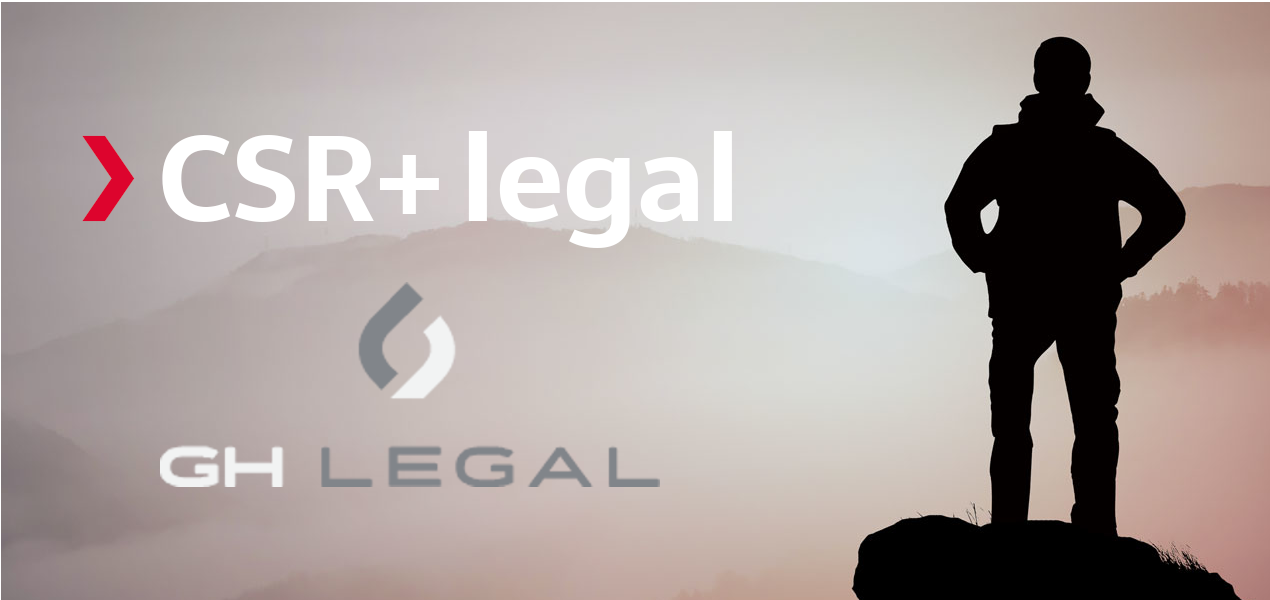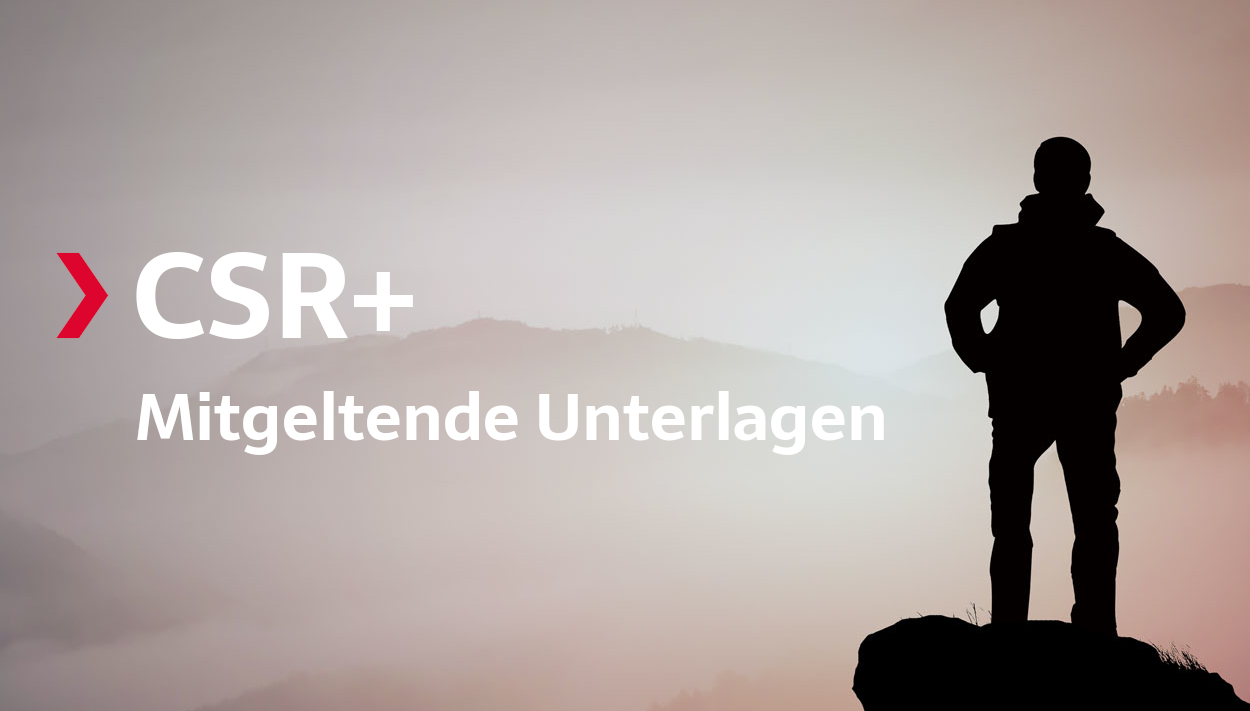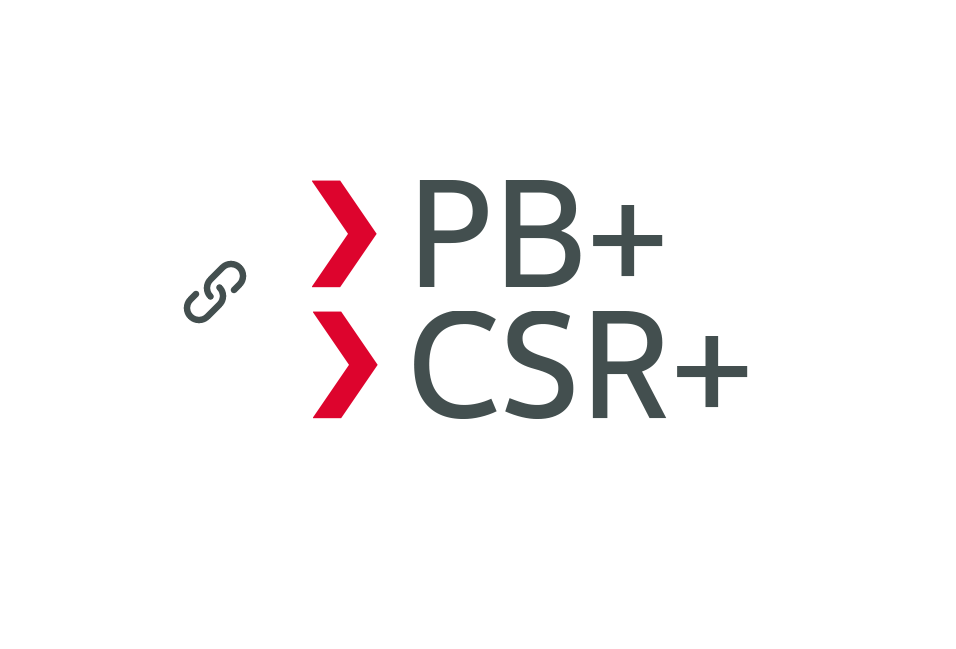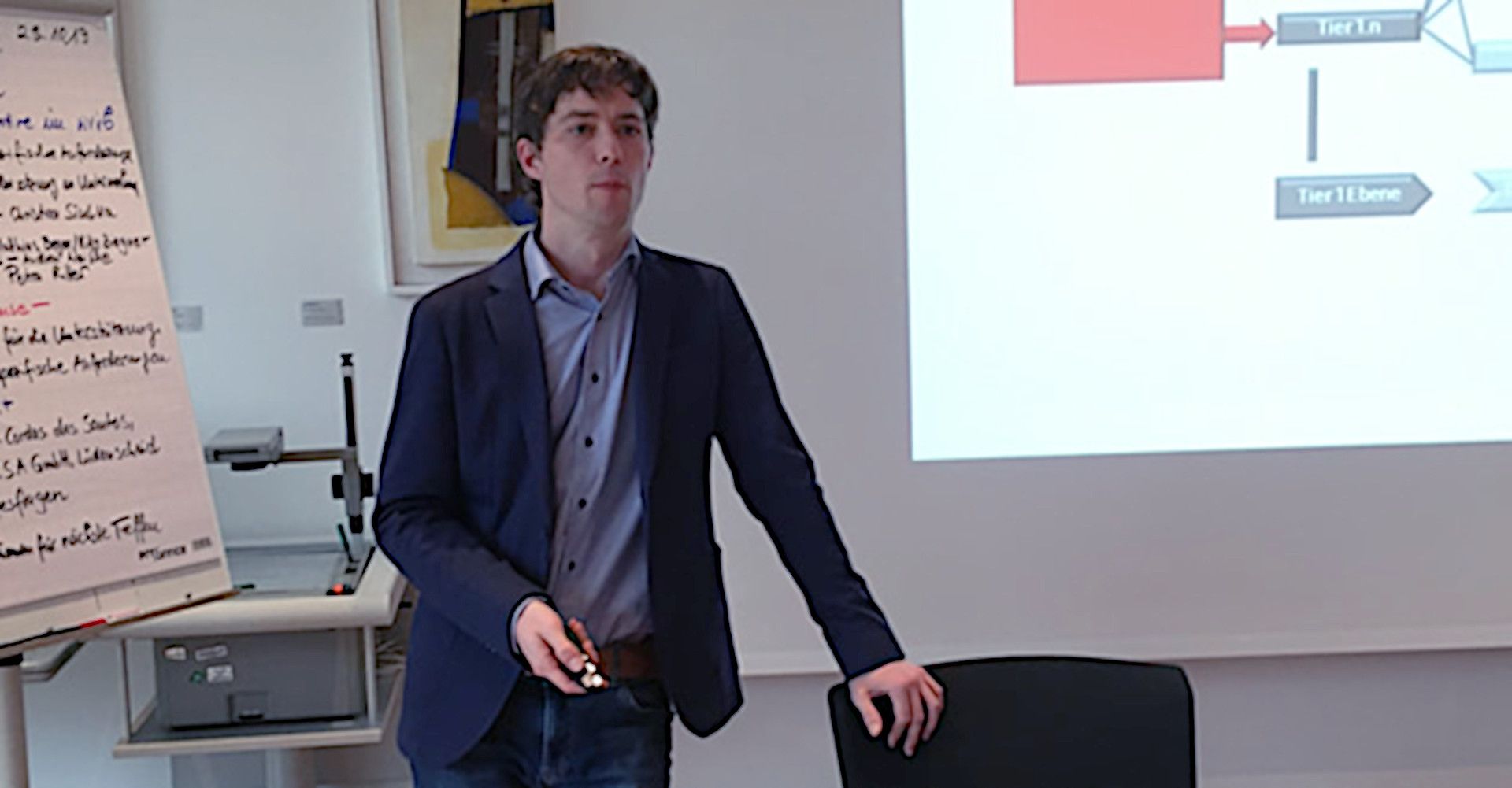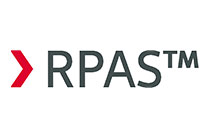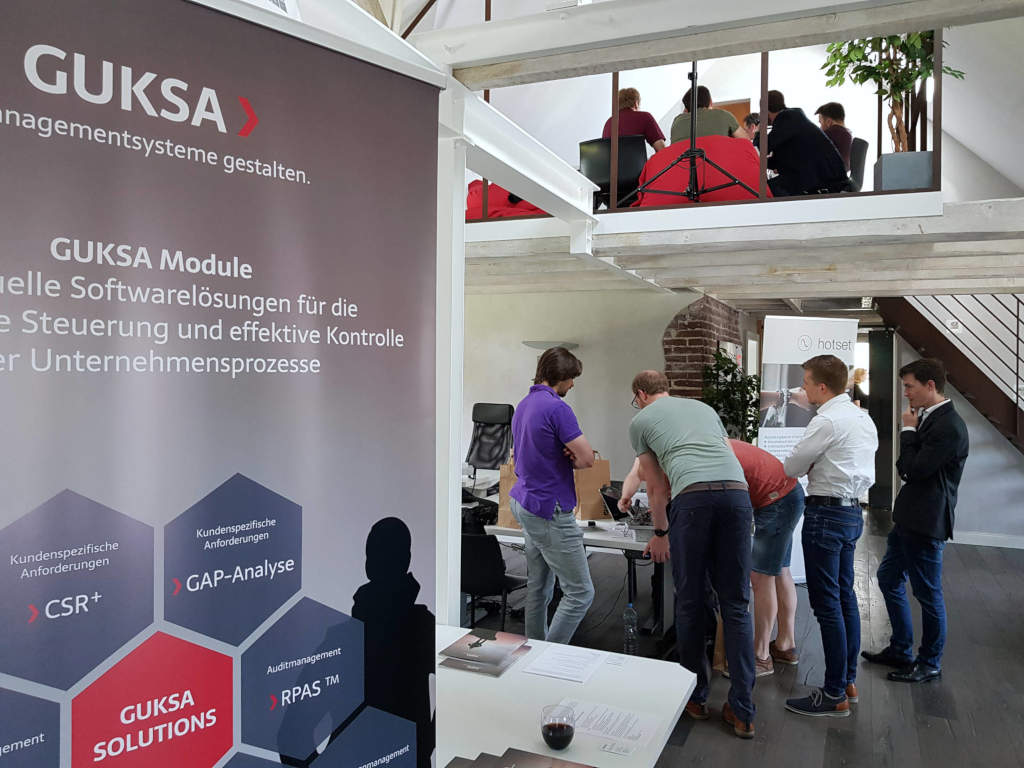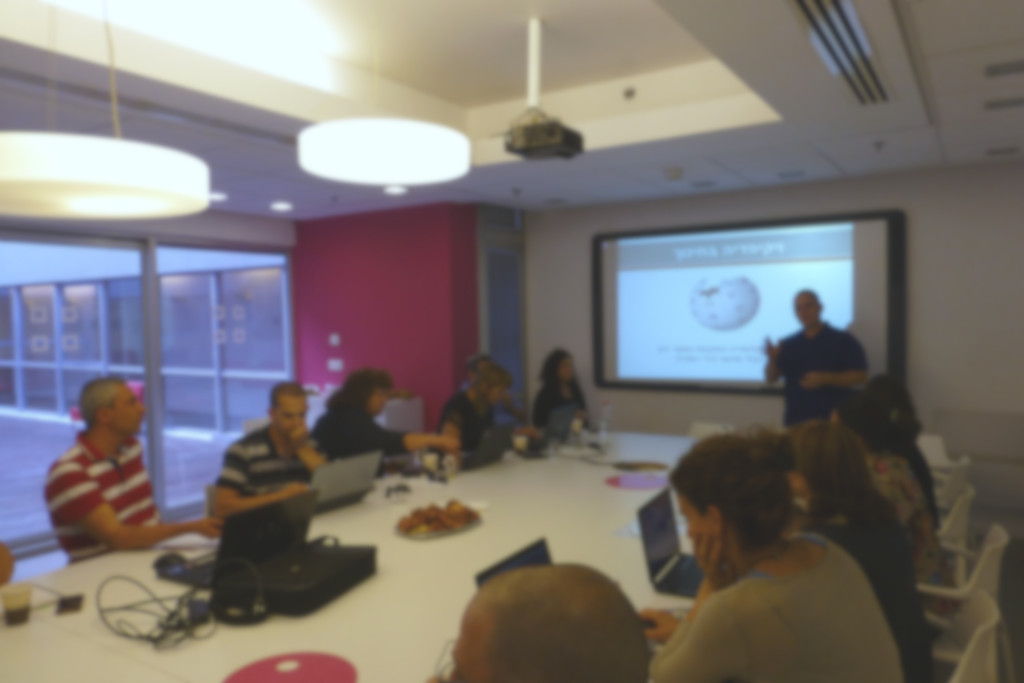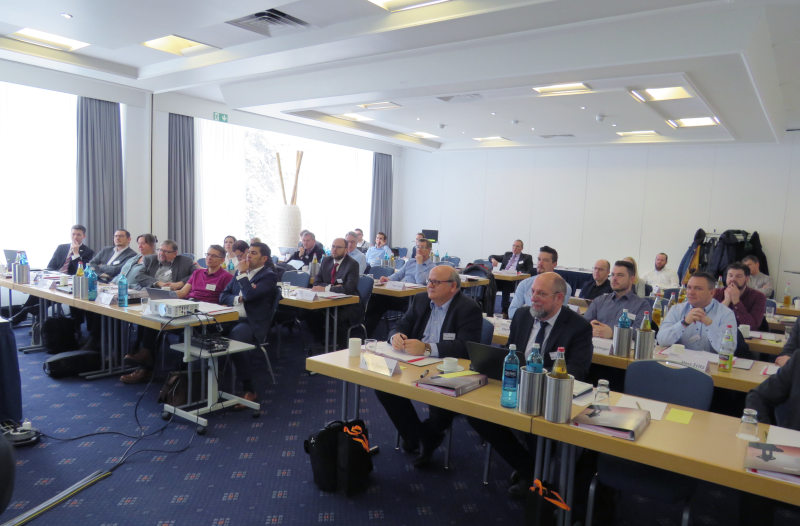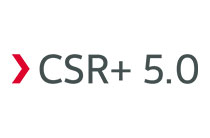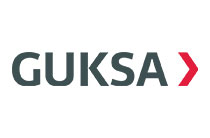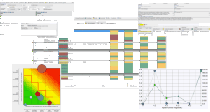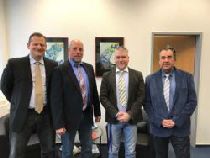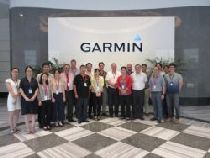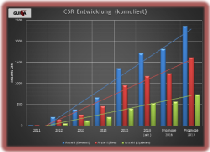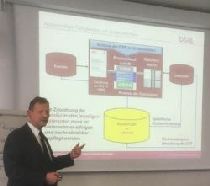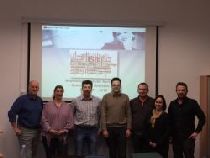Our approach - Clearly structured and practical

Contact
>

Concept discussion
>
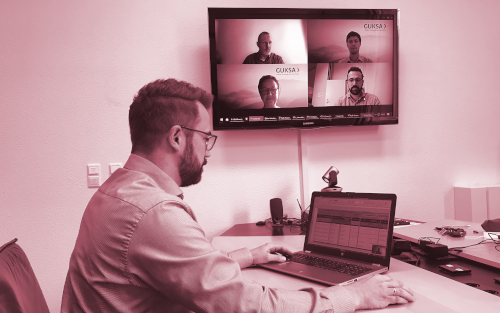
Offer discussion
>
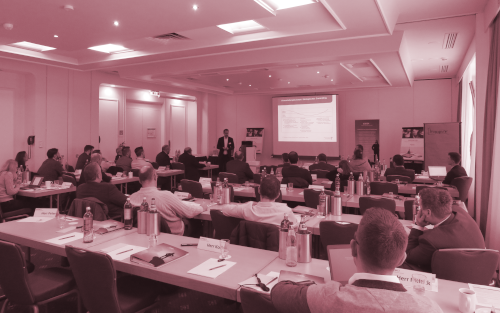
Training execution
We rely on a varied methodology that effectively combines theory and practice: Lectures, practical exercises, case studies, group work, discussions and an active exchange of experiences ensure lasting learning.
Focus on flexibility
Why employee training is beneficial:
- Ensuring competitiveness through innovative strength and adaptability
- Countering the shortage of skilled labour through internal development
- Strengthening employee loyalty through prospects and appreciation
- Fulfil norms and standards through targeted training
- Restructuring without staff cuts through training instead of redundancies
We will help you with this.
Individually scheduled time for seminars (also online) / workshops / or project support. Please contact us at
| GUKSA Web Seminars | GUKSA Seminar Portfolio | Individual Coaching Consolidation of the seminar content | |
|
GS 1. Customer Specific Requirements in the automotive industry |
GS 2. Managment Systems |
GS 3. VDA Methods |
GS 4. AIAG Core Tools |
|
GS 5. Supplier Management in the automotive industry |
GS 6. FMEA Applications |
GS 7. Management Methods |
|
|
GS 8. Information Security Management |
GS 9. Risk & Management Applications |
GS 10. Audit Management |
GS 11. Communication and Moderation Methods |
Seminar documents & certificates
Participants receive comprehensive seminar documents and checklists in PDF format. Upon completion of the seminar, we will issue a certificate of attendance. For seminars with an exam, you will receive a certificate from GUKSA GmbH after successfully passing the exam. A score will not be communicated.
Training duration & individualization
Our training courses last between 1 and 3 days, depending on the objectives and prior knowledge of the participants. We would be happy to advise you personally and create a customized offer.
Our trainers
Experienced experts from the field will guide you through the seminar. They impart in-depth management knowledge, provide valuable input for everyday working life and promote constructive exchange within the team.
Inhouse Training
Unsere Seminare werden als Inhouse-Schulungen auf Ihre Wünsche und Ziele zugeschnitten. Diese Vorgehensweise berücksichtigt nicht nur Ihre individuellen Wünsche, sondern bietet Ihnen und Ihren Mitarbeitenden eine Reihe von Vorteilen, wie z.B.:
- Time and cost savings (avoiding travel and accommodation costs)
- Flexible scheduling
- Individual adaptation of seminars to practical situations and company-specific issues
- Direct implementation in practice upon request
- Seminars that build on each other
- Consistent, uniform qualification of employees
- Adaptation of seminar content to the prior knowledge of your employees











